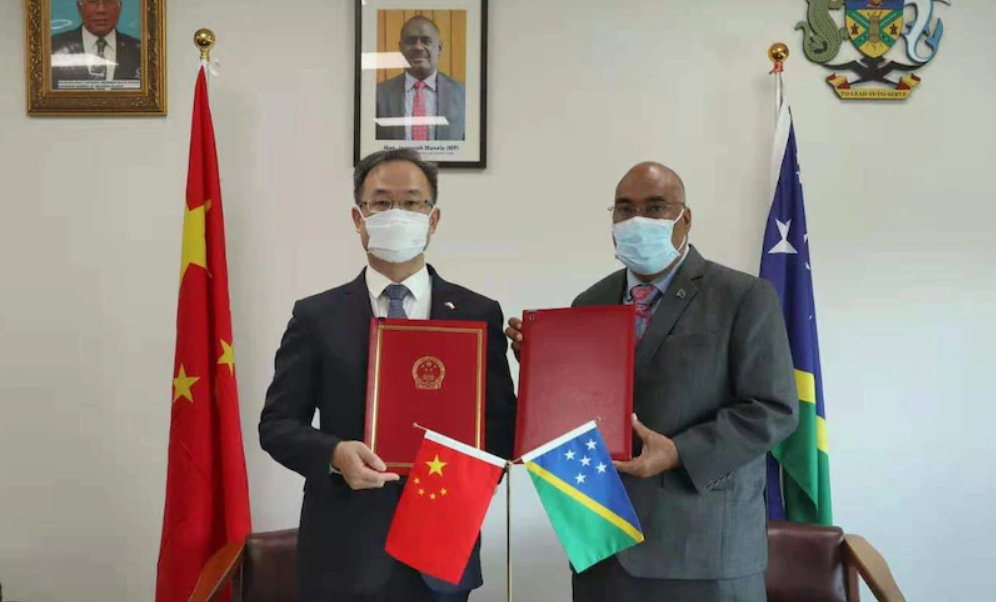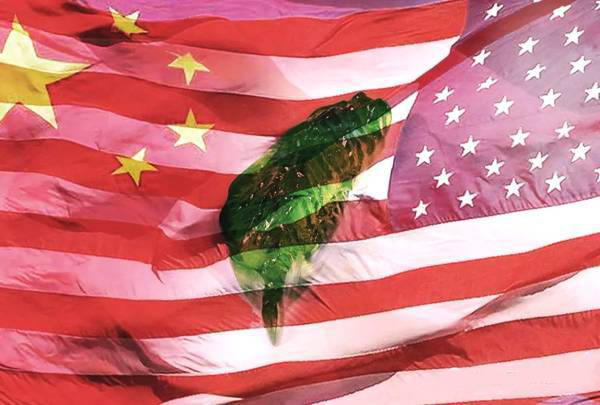Dong Chunling, Deputy Director, Office of the Center for the Study of a Holistic View of National Security, CICIR
May 10, 2022
The concept, introduced by President Xi Jinping, can inform China-U.S. cooperation. The two countries need to seek their common security — and that of the world — by evolving and developing together.
Ted Galen Carpenter, Senior Fellow, Randolph Bourne Institute
May 06, 2022
The crisis in Ukraine quickly led China-observers to draw comparisons to the similar provocations that exist in the Taiwan Strait regarding Taiwanese sovereignty and Beijing’s desire to take control of the island. The way Russia’s offensive is unfolding can lead to sobering takeaways for all sides party to Taiwan and China’s standoff.

Yang Wenjing, Research Professor, Institute of American Studies, CICIR
May 04, 2022
China is gaining influence for a reason: Its approach is helpful — and this irritates the United States. But the Solomon Islands is a sovereign country and as such is entitled to develop security relationships as it sees fit.
Richard Javad Heydarian, Professorial Chairholder in Geopolitics, Polytechnic University of the Philippines
May 03, 2022
South Korea is signaling a dramatic reorientation in its foreign policy, and it could become a key player in an expanded Quad platform.
Zhang Bei, Assistant Research Fellow, China Institute of International Studies
Apr 29, 2022
Europe’s fear, exacerbated by heavy dependence on Russia for energy, has been exposed more clearly by the conflict. Along with other factors, the fear is likely to result in a stricter and more selective EU approach to China.
Li Yan, Director of President's Office, China Institutes of Contemporary International Relations
Apr 27, 2022
Changes have already come to the nature of war, but non-state actors will change international relations more broadly in the future, becoming an important force affecting the evolution of the international order and changing the balance of power.
Xiao Bin, Deputy Secretary-general, Center for Shanghai Cooperation Organization Studies, Chinese Association of Social Sciences
Apr 26, 2022
While the United States and its Western allies might wish that China would adopt their position and help to mediate an end to the crisis, China has crafted a stance that conforms to its own interests. It simply doesn’ t have the influence other countries may imagine.
Fu Xiaoqiang, Vice President, China Institutes of Contemporary International Relations
Apr 25, 2022
Third high-level meeting of Afghan officials, together with the foreign ministers of neighboring countries, reflected China’s strategic commitment to the greater Middle East region and charted a course that can lead to the end of chaos.

Zhao Minghao, Professor, Institute of International Studies at Fudan University, and China Forum Expert
Apr 22, 2022
Washington might believe that Russia’s poor performance in Ukraine will make China think twice about using force, or that China will be constrained by the CPC’s 20th National Congress. But this is a grave misunderstanding.
Brian Wong, Assistant Professor in Philosophy and Fellow at Centre on Contemporary China and the World, HKU and Rhodes Scholar
Apr 22, 2022
The continuing attacks on Ukraine should be a point where global leaders should be able to align on creating a solution - but outside of a vacuum, tense relations and posturing are getting in the way.
Back to Top

- China-US Focus builds trust and understanding between the U.S. and China through open dialogue among thought leaders.
- Our Offerings
- Topics
- Videos
- Podcasts
- Columnists
- Research Reports
- Focus Digest
- Stay Connected
-
Thanks for signing up!
- Get the latest stories from China-US Focus weekly.